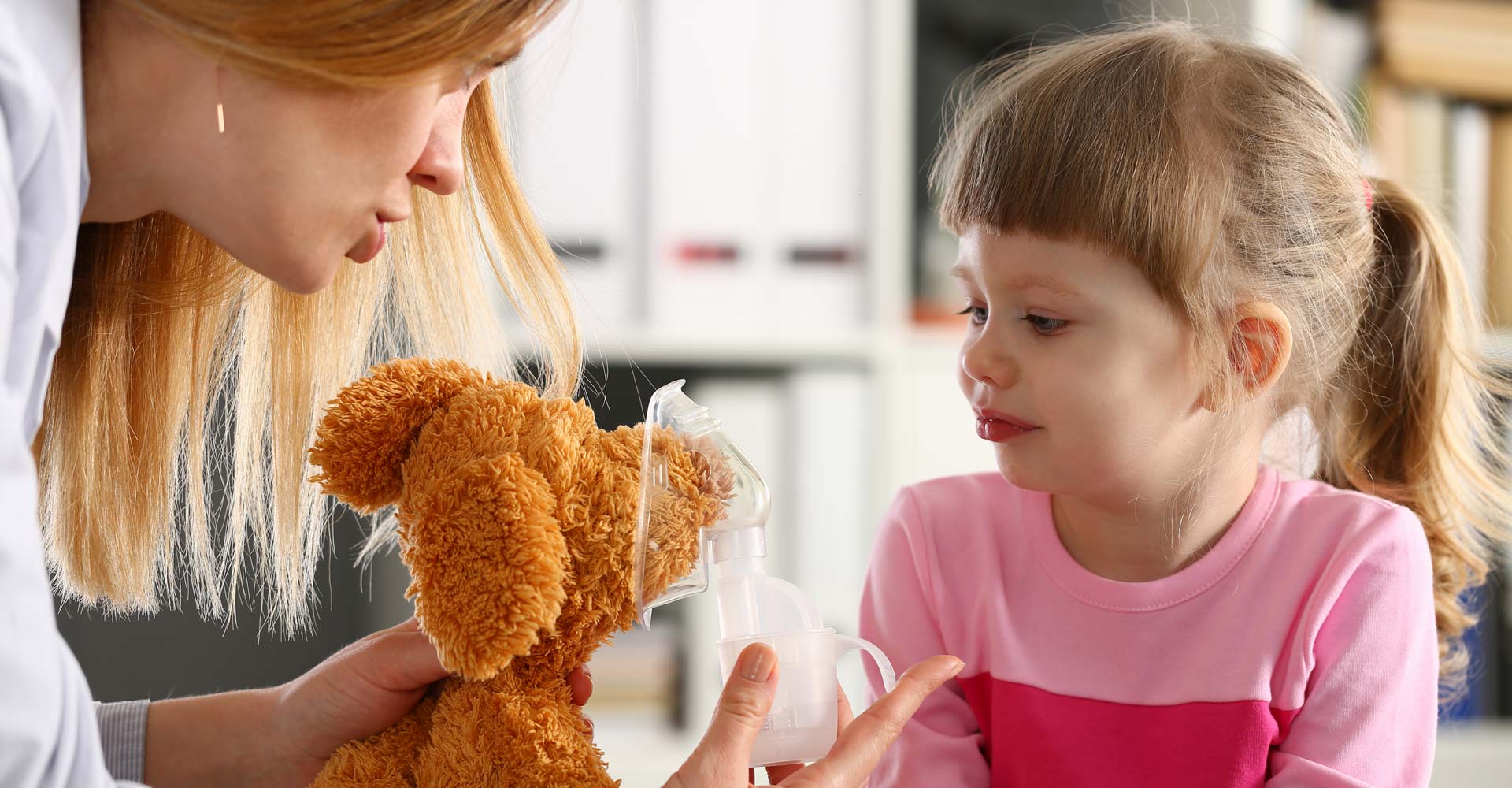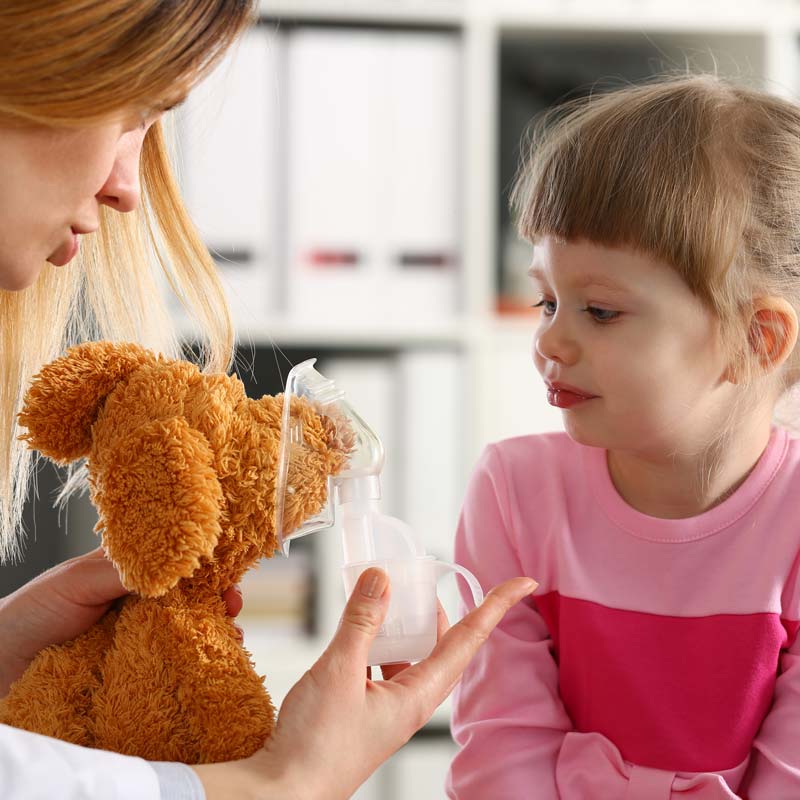If your child has been diagnosed with asthma, you may feel worried, and may not be sure about what to do to support. The good news is that you can manage your child’s asthma by following a few simple measures.
- Schedule regular visits with your child’s healthcare provider:
- Asthma is not a static disease and it is necessary that the doctor tracks it and that you have frequent opportunities to talk about symptoms and daily life experiences with asthma during each visit.
- Tell your child’s healthcare provider how often your child has symptoms, whether they have had any attacks since last seen, and whether they can participate in normal play and sporting activities.
- Make sure your child follows his or her treatment as prescribed:
- Most children with asthma must take medicines. Some are daily medicines (called “maintenance or controller medicines”) to avoid irritation of the airways. Others are used only during an attack to help open the airways (“reliever medicines”) .
- Follow the vaccination plan and discuss with the healthcare provider about pneumococcal vaccine.
- Follow the written asthma action plan developed in collaboration with the healthcare provider and the family:
- The asthma action plan includes a description of how the parent or carer can recognise when symptoms are worsening, the medications to administer, and when and how to access medical care (including the emergency telephone numbers).
- Identify what triggers your child’s asthma:
- Finding your child’s triggers can be tricky, but once you know your child’s triggers, you can try to avoid them.
- Common triggers are tobacco smoke, allergens like pollen and mould (if your child is allergic to these), and viral infections like the common cold, or even changes in the weather.
- Practice helping your child to use their inhaler:
- Consult your doctor to help you choose the most appropriate inhaler device.
- If your child is a baby or a toddler (0–3 years of age), your doctor will probably recommend a pressurised metered dose inhaler plus a dedicated spacer with a face mask or a nebuliser with a face mask.
- If your child is 4-5 years of age your doctor will probably recommend a pressurised metered dose inhaler plus a dedicated spacer with a mouthpiece or a face mask.
- It is important that you help your child practice the inhaler technique. Learning how to take care of oneself will be fundamental as the child grows up through teenage and adulthood.
- Give a copy of your child’s asthma action plan to the school or childcare provider, and inform them on where to find the reliever inhaler, if it is needed for symptoms or before exercise.
- Record your child’s height every year, as poorly controlled asthma or frequent courses of prednisone tablets or syrup can affect their growth. Speed of growing may be slower during the first year of treatment with inhaled corticosteroids (ICS), but growth then usually catches up and adult height is normal.
Once you and your child get used to managing asthma, it will become a part of your family routine.
Grow a healthy lifestyle
Children should be encouraged to play a sport since it is good for their overall health, mood and it is also a good opportunity to meet friends.
Asthma treatments and child’s growth
Parents are often concerned that continuous use of inhaled corticosteroids (ICS) may affect children’s growth. While it is true that the speed of children’s growth may decrease during the first year of treatment with ICS, children taking ICS reach normal adult height. In contrast, oral corticosteroids used to treat severe uncontrolled asthma have severe side effects therefore their use should be limited as much as possible. Poorly controlled asthma also decreases growth. The use of ICS as controller medicines reduces or eliminates the need for oral corticosteroids.

